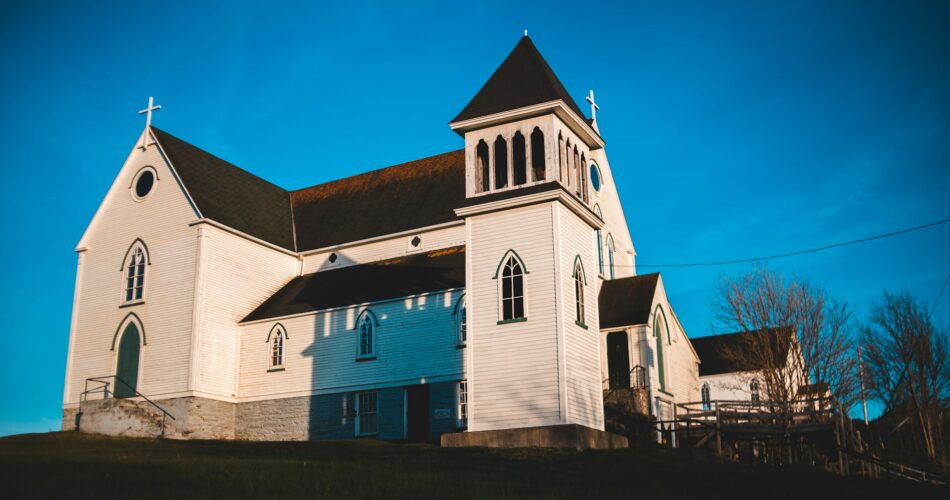Prayer Vigil Sparks Legal War
A Florida city has reached a settlement with an atheist organization that had sued over a prayer vigil held in 2014, allowing a prior ruling that deemed the event unconstitutional to remain in place.
The Ocala City Council unanimously approved the settlement with the American Humanist Association (AHA) on Tuesday. The lawsuit challenged the city-sponsored vigil, which included Christian prayers.
City Attorney William Sexton explained that, as part of the agreement, the city agreed to drop its appeal of the lower court’s decision, while the plaintiffs agreed to waive any attorney’s fees. Sexton noted that potential costs related to those fees could have exceeded a million dollars if the case had continued.
Sexton added that, considering the legal complexities and the council’s guidance during settlement discussions, he believed the agreement was in Ocala’s best interest and recommended its approval.
Fish Stark, Executive Director of the American Humanist Association, described the settlement as a win and welcomed the city’s acceptance of the lower court’s ruling. He emphasized that the case centered on the principle that taxpayer money should not be used to promote a particular religion.
The lawsuit began in 2014 when local atheists, represented by the AHA, filed suit against Ocala’s mayor, police chief, and police department for holding the prayer vigil following a mass shooting. A federal district court sided with the atheists in 2018, rejecting the city’s claim that the plaintiffs lacked standing.
In 2022, the U.S. Court of Appeals for the 11th Circuit sent the case back to the district court for further consideration, noting that the plaintiffs might have standing but the core issues had not been resolved. The U.S. Supreme Court declined to hear the case in 2023, with Justice Neil Gorsuch referencing a related ruling that public prayer by a coach did not violate the Constitution, but suggesting the lower courts should weigh its impact first.
Ultimately, in June 2024, the district court ruled that the prayer vigil violated the Establishment Clause of the First Amendment.
